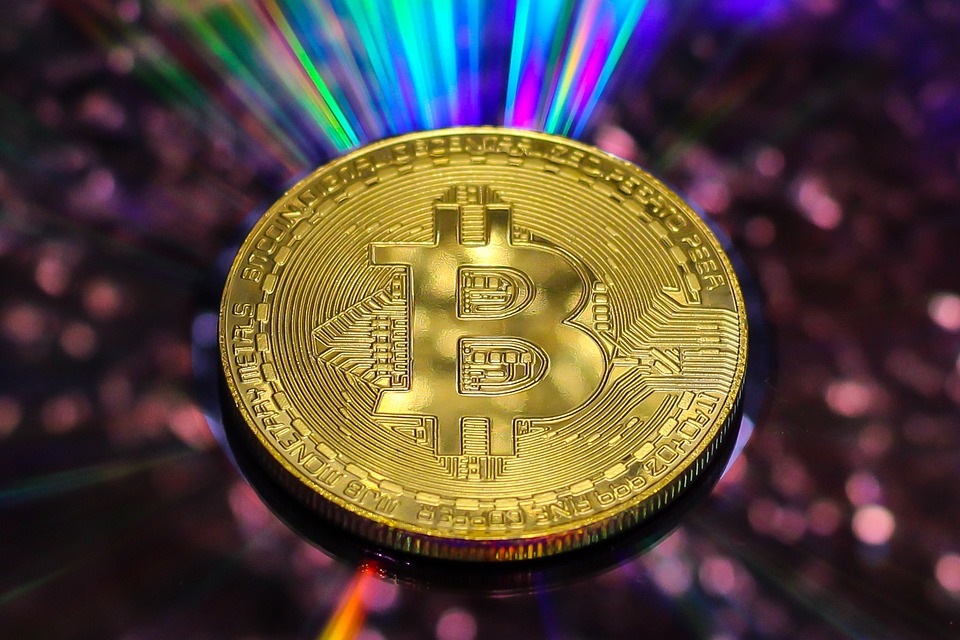Introduction
In recent years, the financial landscape has undergone a seismic shift fueled by the rise of decentralized trading platforms (DEXs). The advent of blockchain technology has not only transformed the way we perceive value and ownership but has also introduced innovative trading methodologies that offer greater transparency, security, and autonomy to users. This article takes an in-depth look at the evolution of decentralized trading, the platforms leading the charge, and the implications for the future of finance.
Understanding Decentralized Trading
Decentralized trading refers to platforms that allow users to exchange assets without relying on a centralized authority or intermediary. Traditionally, trading has been dominated by centralized exchanges (CEXs), which require users to deposit funds and relinquish control over their assets. In contrast, DEXs utilize smart contracts and blockchain technology to facilitate peer-to-peer transactions directly between users, maintaining security and transparency throughout the process.
Key Benefits of Decentralized Trading
-
Ownership and Control:
- With DEXs, users maintain full ownership of their assets. Since funds are stored in personal wallets rather than on the exchange, users have direct control over their cryptocurrencies, mitigating the risks associated with hacks and operational failures that plague centralized exchanges.
-
Privacy:
- Most DEXs are designed to function without requiring extensive personal information from users. This focus on privacy appeals to individuals who value anonymity in their financial transactions.
-
Global Accessibility:
- Decentralized trading platforms are accessible to anyone with an internet connection, removing barriers for users in regions underserved by traditional financial institutions. This democratization of trading has opened up new opportunities for individuals worldwide.
- Reduced Censorship:
- DEXs are less susceptible to government intervention or censorship, providing users with a more resilient trading environment. This resistance is particularly important for those in politically or economically unstable regions.
Leading Decentralized Trading Platforms
As the adoption of decentralized trading gains momentum, several platforms have emerged as frontrunners in the space. Here are some of the most notable DEXs, each presenting unique features and functionalities:
1. Uniswap
Uniswap revolutionized the decentralized finance (DeFi) landscape by introducing automated market-making (AMM) mechanisms. Users can trade assets through liquidity pools instead of order books, enabling seamless transactions. Uniswap has gained popularity for its user-friendly interface and interoperability with various Ethereum-based tokens.
2. SushiSwap
Originally a fork of Uniswap, SushiSwap has evolved into a comprehensive DeFi ecosystem with features such as yield farming and staking. Its community-driven model empowers users to participate in governance decisions, fostering a strong sense of ownership and belonging.
3. PancakeSwap
Built on the Binance Smart Chain (BSC), PancakeSwap has emerged as a popular alternative to Ethereum-based DEXs due to lower transaction fees and faster processing times. It offers similar features to Uniswap but with added incentives for liquidity providers, creating a competitive environment for users.
4. Curve Finance
Designed specifically for stablecoin trading, Curve Finance utilizes advanced algorithms to minimize slippage and optimize capital efficiency. This DEX has positioned itself as the preferred venue for users looking to trade stablecoins while maximizing returns on liquidity provision.
5. dYdX
As a decentralized derivatives exchange, dYdX offers margin trading, lending, and spot trading services. Its unique approach to derivatives and advanced trading options positions it as a robust platform for more experienced traders who aim to leverage their positions.
Challenges Facing Decentralized Trading
While the rise of DEXs presents numerous advantages, several challenges remain that could hinder widespread adoption:
-
Scalability:
- Many DEXs are built on the Ethereum blockchain, which has faced scalability issues, particularly during periods of high demand. High gas fees can deter users, diminishing the practicality of decentralized trading for smaller transactions.
-
User Experience:
- The interface of some DEXs may be complex for new users, and the learning curve associated with using decentralized wallets and managing private keys can be daunting for those accustomed to traditional exchanges.
- Regulatory Uncertainty:
- As decentralized trading continues to grow, concerns about regulatory oversight arise. Governments worldwide are still grappling with how to classify and regulate these platforms, which could lead to potential legal challenges in the future.
The Future of Decentralized Trading
The growth trajectory of decentralized trading is poised for continued expansion. As technology advances, we can expect the emergence of improved solutions addressing current challenges, such as enhanced user interfaces and layer-2 scaling solutions to reduce gas fees.
Moreover, as institutional interest in cryptocurrencies mounts, the synergy between decentralized finance and traditional finance may open pathways for hybrid models that can meld the best of both worlds. Furthermore, the integration of artificial intelligence and machine learning could lead to smarter trading patterns and more efficient markets.
Conclusion
The rise of decentralized trading platforms signifies a major transformation in how assets are exchanged and managed. By empowering users with control, privacy, and accessibility, DEXs are laying the groundwork for a more inclusive financial ecosystem. While challenges remain, the innovations and community engagement surrounding decentralized trading will likely shape the future of finance, paving the way for a new era characterized by greater autonomy and resilience. As we move forward, one thing is clear: the evolution of decentralized trading is just beginning.

